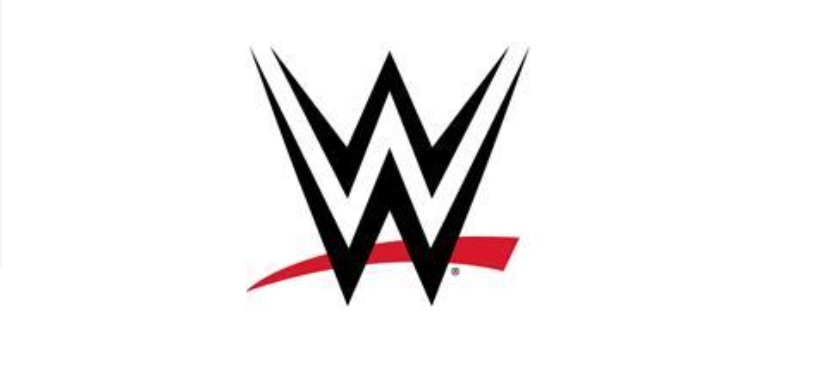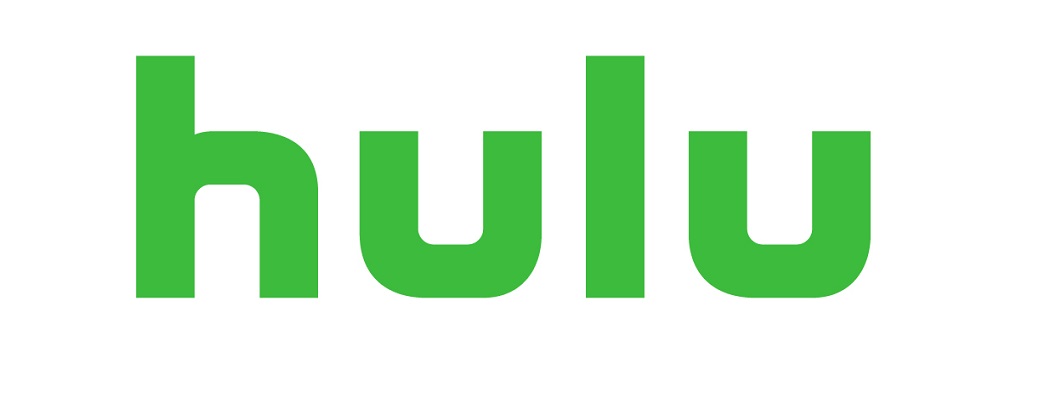The New York Times is reporting that Locast suing the 4 major broadcast companies CBS, NBC, Fox and ABC claiming “classic copyright abuse.” While Locast considers itself a signal booster intended to help distribute free over the air TV signals, broadcast companies claim that the company exists to distribute their signals in a way to allow providers to circumvent paying rights fees for their content by supporting the use of Locast instead. AT&T has given Locast hundreds of thousands of dollars to further its cause over time which does justifiably raise red flags for the broadcasters.
Broadcasters hold tight to the idea of retransmission fees. They are a major form of profit along with advertising. Considering the huge popularity of the programming on broadcast TV it should be obvious why. Most of the top shows on TV are delivered via OTA signals. But the problem is and always has been getting consistent clear delivery of those signal universally. It is what cable set out to solve as it grew in popularity long before there were hundreds of niche channels.
Locasts side of the argument is summed up this way.
“Plaintiffs have colluded to limit the reasonable public access to the over-the-air signals that they are statutorily required to make available for free,” the counter-suit asserts, “and have opted instead to use their copyrights improperly to construct and protect a pay-TV model that forces consumers to forgo over-the-air programming or to pay cable, satellite, and online providers for access to programming that was intended to be free. A large portion of the fees paid by the public is then handed over to Plaintiffs in the form of retransmission consent fees. This is classic copyright abuse.”
The problem is that terms like “Reasonable Public Access” are hard to define. How much of the population has to be covered to consider the access one gains from an antenna reasonable? Considering the fate of Areo, a pay service that provided broadcast TV signals before losing a Supreme Court case, the prospects do not look good for Locast. The key difference between the two services though is the Locast is free and registered as a non profit company.
Could Locast find a way to be declared a necessary public service? We shall see.






